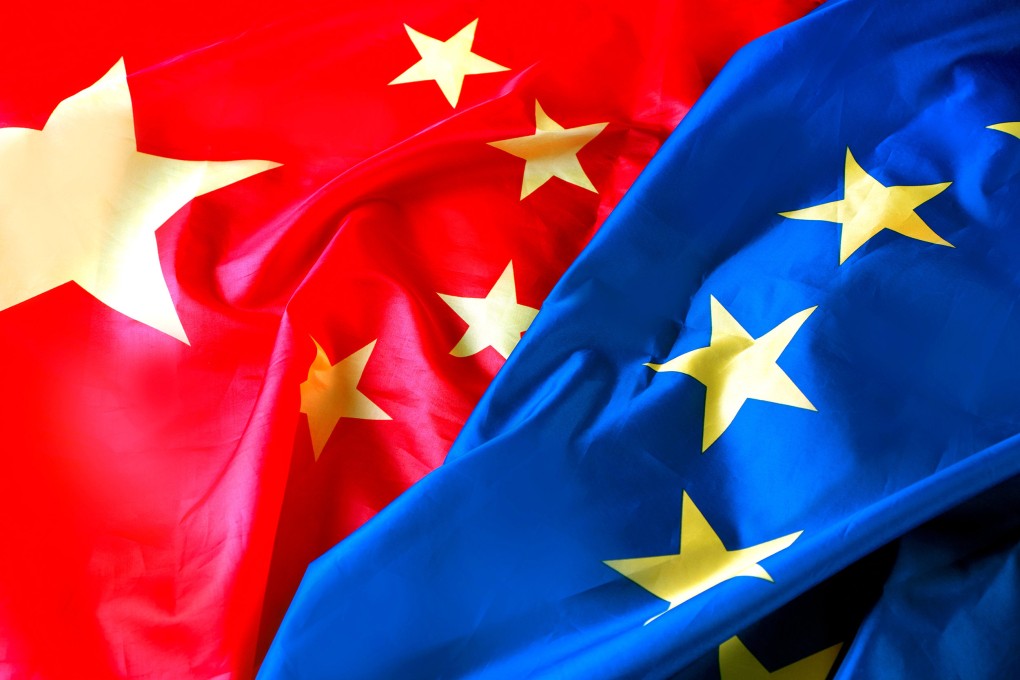Editorial | Better China-EU ties far from a done deal
- Beijing is set to ratify UN conventions on forced labour next week and while this is a welcome step, the devil’s in the detail when it comes to sealing landmark economic pact

Beijing is expected to ratify two United Nations conventions on forced labour next week during a meeting of the Standing Committee of the National People’s Congress.
This will address an obstacle to a landmark economic deal agreed in principle, after eight years of negotiations, between China and the European Union, and tit-for-tat sanctions over alleged rights abuses in Xinjiang province.
Earlier this year, ratification of the conventions could have cleared the way for progress towards sealing the economic pact. Now Russia’s invasion of Ukraine, and a slump in China-EU relations over Beijing’s refusal to condemn it, have derailed it.
The pact is unlikely to be completed any time soon. This is despite the efforts of President Xi Jinping, French leader Emmanuel Macron and former German chancellor Angela Merkel in a video call last July in personally trying to rescue the Comprehensive Agreement on Investment from legislative limbo in the European Parliament, where EU MPs had blocked it.
That is not to say that ratification of the forced labour conventions under the UN International Labour Organization will be meaningless.
Improved relations with Europe are not the only objective. Foreign investors and Chinese exporters have good reason to welcome ratification of the ILO conventions.
The former are increasingly facing concerns over the need to demonstrate that their operations in China and supply chains do not involve forced labour. Failure to address this issue would do nothing to incentivise investment in China, not to mention the risk of problems for Chinese firms in foreign markets.

